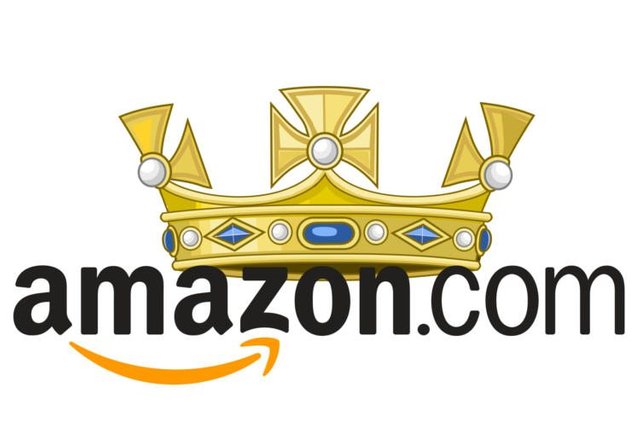The Future Self Publisher
At the moment, Amazon's KDP (Kindle Direct Publishing) dominates the ebook publishing landscape like a tyrannical despot. They control over 70% of the ebook market, and punish you (via KDP Select) if you list your book on some other platform. They charge a premium for you to market and advertise on their platform - a spend of $100 will barely get you one sale, and if you get a sale, they'll pay you a fraction of that sale depending on how many pages are read. 
That's it for authors. If you're not on Amazon, you're wasting your time.
A few years ago, hope of a better system appeared in the form of blockchain technology. As Bitcoin made inroads into commerce a few avenues appeared for authors. Most were buy and sell services offering sales for products in exchange for Bitcoins. Looking back at all my accounts most are now all extinct, Bitbooks.cc being the most notable one. (I received a small tip from there once, that's now worth $50) But nothing since has been developed that could be useful for authors.
Until now.
This ICO revolution powered by Etherium has for the first time since the Amazon Revolution in the 90's offered writers and reader a possible new paradigm for not only books, but for music and films as well. Decentralisation is key. Screw the middle man. Self publishing is about bypassing the traditional publishers and connecting with reader directly. Yet Amazon is the behemoth Third Party Entity on the web that no author, established or not, can circumvent.
Decentralisation = Hope.
I won't go into the technical details of how Ethereum and contracts work, I'm still learning the process, but I will list a few application that I've come across that seem promising if they actually deliver on what they say they can.
First up, Authorship. This ICO is (at time of writing) currently offered. Based on the Ethereum platform
"Authorship is one such decentralized platform that aims to redefine the world of books by connecting authors, translators, publishers and readers on a single platform."
They will be issuing tokens described as ...
Authorship Token. The ATS, an ERC-20 token based on the Ethereum technology, is a unit of exchange on a new Blockchain based book publishing system. Authors, publishers and translators are rewarded with ATS tokens in exchange to book sales, while readers are able to spend ATS tokens in order to purchase books.

The flow chart is a little complex, but from what I understand it still involves traditional publishing platforms. Without some kind of application or prototype to use it's hard to tell how useful or effective this could be.
Next up is Publica, it's ICO is in a month or so. They are a little clearer on what kind of model they want to establish and their flow chart is a tiny bit less converluted.

Publica describes itself as..
a platform for authors, readers, books of all kinds and the people who make them. And for smart contracts to carry all kinds of transactions and exchanges for the publishing economy.
As for token Publica will be using their own cryptocurrency.
Publica-the-country has no national debt. It exports more products and services than it imports. It doesn't print new money. In an economist's terms, its money supply is fixed and therefore stable for the long run. Within its borders, Publica's internal money is a token called PBL.
Again, without a working model it's difficult to tell how this will work.
There's Po.et. - a shared, universal ledger designed to track ownership and attribution for the world's digital creative assets.
They have a testnet online so I've been playing around with it. Still no way of telling how this can be useful.
One app that has caught my eye is Musicoin. Even though a music portal, this model and format if used for an ebook, is potentially an author's dream distribution network. What Musicoin lacks, however, is the ability for promotion. If they can introduce a way to allow an artist to offer incentives for consumers to sample their work, this kind of business model could take off, astronomically.
For established authors, an ebook model similar to Musicoin could free them from third parties altogether. For new authors, a decentralised/crypto portal where writers can promote themselves by offering incentives for readers to sample their work, who can use the tokens to then go and buy full works, this could be the catalyst that ends Amazon's reign of terror.
In the 1990's freeware had revolutionised marketing for software creators, and free betas are used today to test and market games and so on. As a writer, something like a eBook version of Musicoin, that allows for incentives for sampling content, can be a game changer, far greater than the Print on Demand concept from over a decade ago.
If there are new decentralised publishing models out there, I would be certainly interested in road testing them.